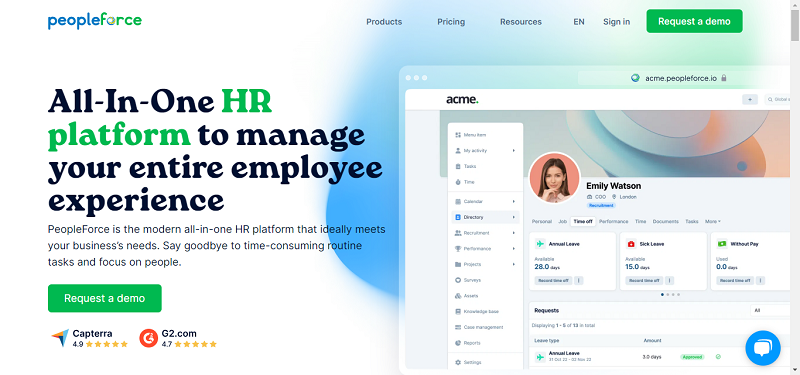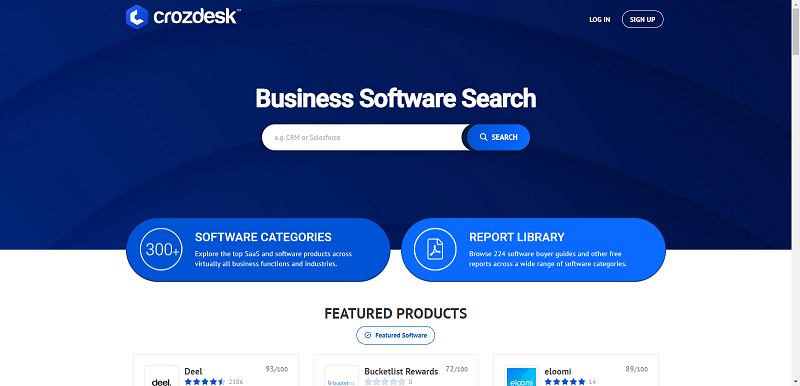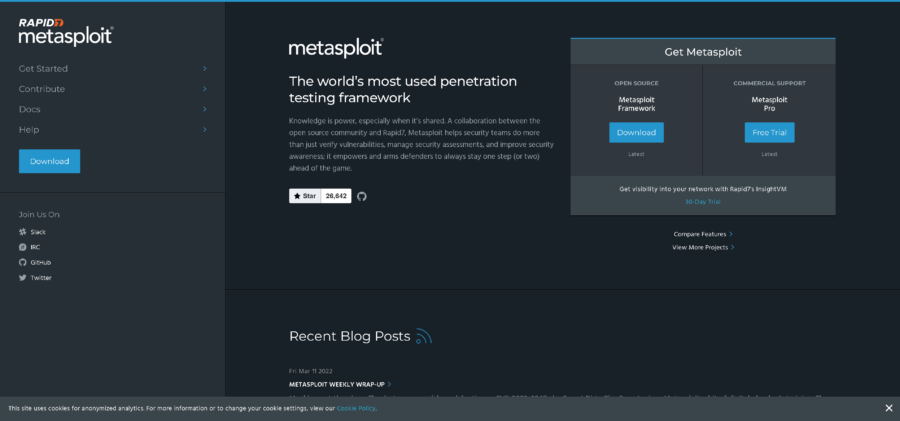If you’ve read articles that predict the tech trends we can expect this year, you’ve almost certainly found evidence that artificial intelligence will move to the forefront, and cloud computing will continue to be a thriving sector. Those things are likely true, but analysts also suggest 2017 will be the year that artificial intelligence merges with cloud computing to make it even better.
Amazon and Microsoft are among the companies currently offering services that combine artificial intelligence with the cloud. Microsoft refers to such offerings as cognitive services and already has more than 20 available. Also, Google, which formerly ceased offering cloud computing because it reportedly wasn’t able to find the right way to appeal to customers, has recently relaunched that sector of its business.
Last year, IBM announced an initiative called Project DataWorks, which is the first of its kind in the industry. It blends data in the cloud through an analytics platform and decision-making capabilities made possible by artificial intelligence. The technology receives data from streaming media, the Internet of Things, weather forecasts, social media and more. It’s able to get that information faster than any other technology on the market.
The goal of Project DataWorks is to offer a powerful, yet user-friendly way for business leaders and data analysts to work together and gain necessary insight. Because this technology’s platform works with Machine Learning, people can use it to collect and analyze the data on their own, while simultaneously relying on artificial intelligence to uncover things they would have otherwise overlooked.

Call centers may depend on cloud technology to track customer leads, collect client data and keep metrics about how representatives are performing from month to month. However, some call centers are already branching out and combining cloud computing with artificial intelligence.
One example is the use of predictive dialing systems, which are responsible for boosting employee productivity by as much as 400 percent. The technology uses analytics to figure out when representatives will most likely be done with their current calls, and starts dialing more customers just before those former calls are finished. It also gives insight about when customers will most likely be available to receive calls.
Also, in the Philippines, artificial intelligence is threatening the country’s call center industry through the use of chatbots. They have already gotten very popular, thanks in large part to Facebook Messenger.
The chat service has more than 900 million monthly users, and all of them can use more than 30,000 available chatbots to do things like order meals or get updated software for their computers. These are things humans used to be relied upon to do, but now artificial intelligence is beginning to take over.
Data has also been released that indicates there were large increases in granted patents associated with cloud computing and machine learning. The patent category that encompasses cloud computing saw a 5.25 percent increase in 2016, while the category associated with machine learning rose by 6 percent compared to 2015.
It’s important to realize there were other types of patents in those categories that did not directly relate to artificial intelligence or cloud computing. Also, the time between when a company applies for a patent and when it is granted often spans several years. However, theoretically that means businesses and brands have had plenty of time to start thinking about how they might combine cloud computing and artificial intelligence this year.
By now it should be clear why tech experts feel confident this will be the year artificial intelligence and cloud computing collide in major ways. You’ve seen examples of how that’s already happening, and know why it seems likely the trend will continue to set the pace in 2017.
By Kayla Matthews





